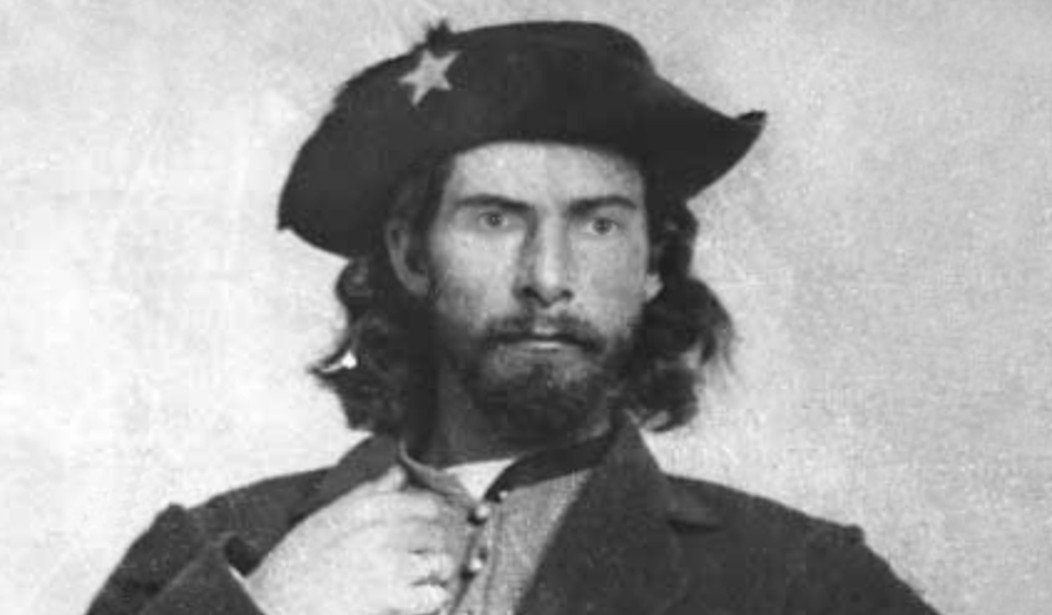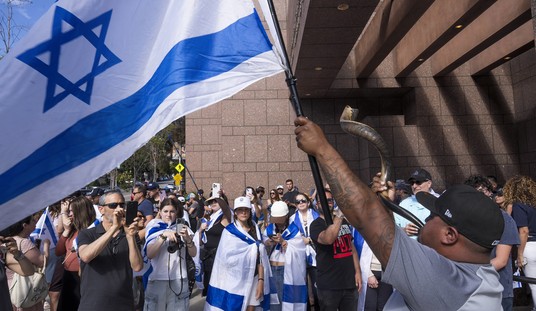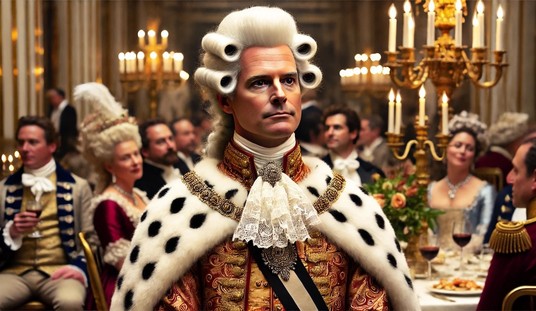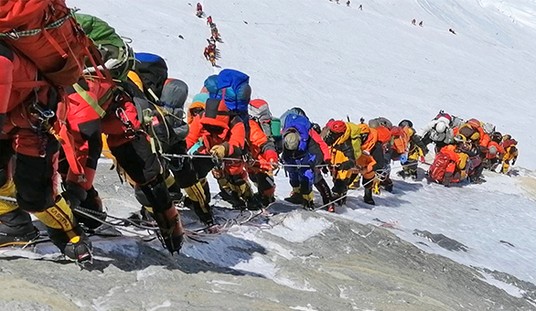It's a question that has intrigued us for centuries: How do people become who they are? Is it a result of their innate nature, or is it the product of their environment and upbringing?
One person to examine in this regard is the infamous William T. "Bloody Bill" Anderson, the Confederate guerrilla leader operating in Missouri and Kansas during the Civil War.
Was he always a sadistic, bloodthirsty maniac looking for a reason to act on his urges or a regular person caught up in the brutality of a war between neighbors and brothers?
Let's delve into the enigma of William T. Anderson's origins. He was somewhere in Kentucky (although he claimed to be Missourian) between 1837 and 1840 to Southern sympathizers who relocated to Kansas in 1857. Little is known about his childhood, but it is documented that he was a horse trader by 1860.
The onset of the Civil War in the following year of 1861 transformed the horse trade. Horses became not only easier but also more profitable to steal than to sell legitimately, owing to the heightened demand. This shift in circumstances led Anderson to embark on a new, illicit path.
Around the same time, Anderson and a family friend, Judge Arthur Baker, tried to join the Confederate Army but were attacked by Union troops, resulting in Baker's capture. Released in March 1862, Baker stopped being friends with the Andersons and issued an arrest warrant for William T. and one of his brothers.
Anderson's dad, William C., tried to have the warrant lifted, but a fight broke out, and Baker killed William C. Anderson. This is arguably where, as the kids these days say, William T. truly began his villain arc.
Anderson killed Baker the following July and began acting as a Confederate bushwhacker, attacking Union Army soldiers and sympathizers throughout Missouri and joining up with William Quantrill's forces in 1863.
Quantrill and Anderson did not like each other, a dislike that began because Anderson supposedly did not adequately distinguish between pro-Union and pro-Confederacy civilians he robbed.
Regardless, Missouri was full of Confederate sympathizers, including the women of the guerrillas' families, who acted as spies and informants for Quantrill and his men. Union General Thomas Ewing Jr. ordered these women imprisoned in Kansas City, Missouri. The jailhouse collapsed in August, killing one of Anderson's sisters and crippling another.
And boy, did the bushwhackers retaliate, perpetrating the Lawrence Massacre in Kansas a week later on August 21t, killing between 150 to 200 men and boys and setting much of the town to the torch.
During the winter of 1863-1864 in Texas, Quantrill and Anderson's personal beef came to a head, with Quantrill accusing Anderson of stealing horses and Anderson accusing Quantrill of killing a Confederate officer, forcing Quantrill to go into hiding as George Todd took over his forces.
Anderson really went off the deep end when he came back to Missouri in 1864; he and his most loyal minions went on a rampage against Union soldiers and sympathizers. Killing many and scalping the dead became common, to the point that they supposedly hung the scalps from their saddles.
This culminated in the Centralia Massacre of September 1864, where Anderson and his men looted the town of Centralia, Missouri, summarily executing around 20 furloughed Union soldiers and robbing many inhabitants.
The bushwhacker's infamy finally caught up to him the following month of October of 1864, killed by Union forces under Samuel P. Cox near the town of Albany.
To this day, historians are still divided on whether or not Anderson was just a bloodthirsty maniac who used the astoundingly vicious guerrilla war in Missouri as an excuse to act on his urges, or if he was just your average Confederate soldier of the time who just went too far.
I personally have no stake in that debate. Still, I cannot for the life of me figure out why there hasn't been a movie or docudrama about Anderson*, precisely because his story is such a fascinating look into how war affects people, whether it brings out their true nature or changes them.
*Yes, I know he appears in "The Outlaw Josey Wales" and has been fictionalized, but nobody has really done a dramatic work about him specifically. Also, this is an abridged version of his biography.








